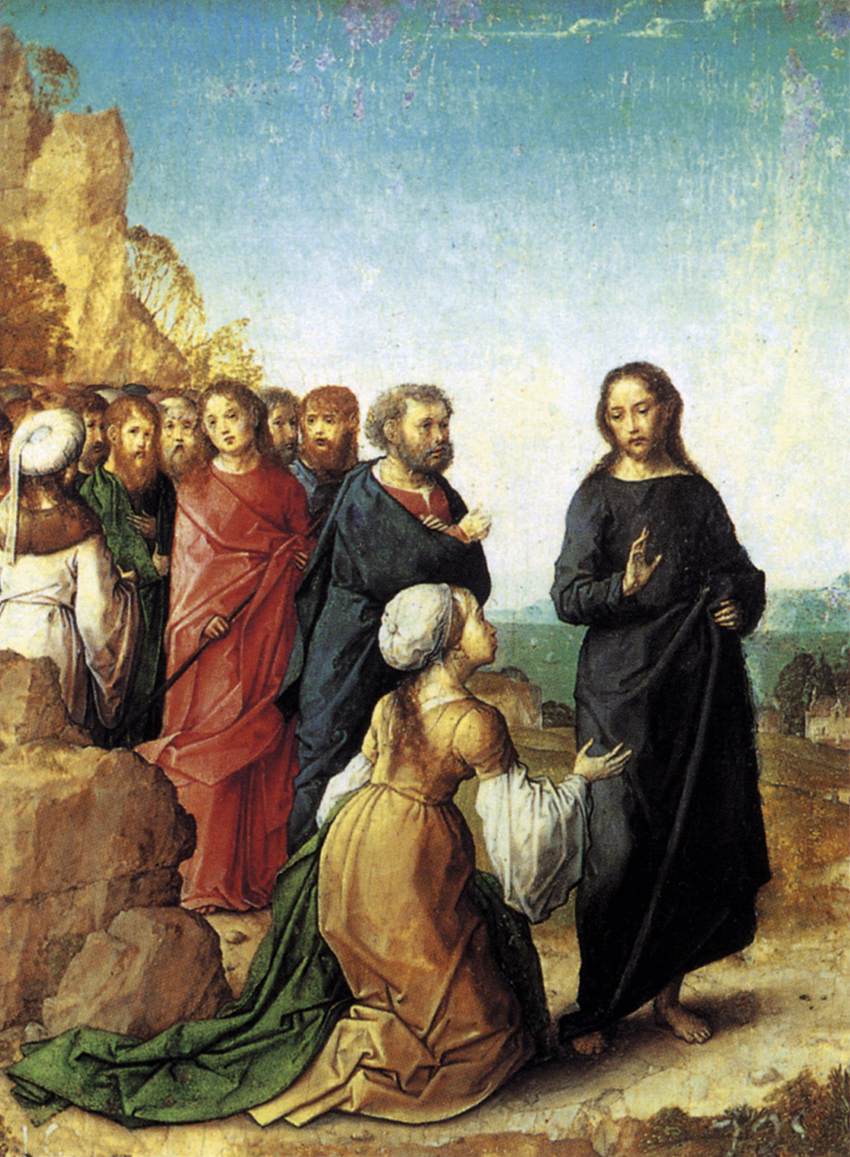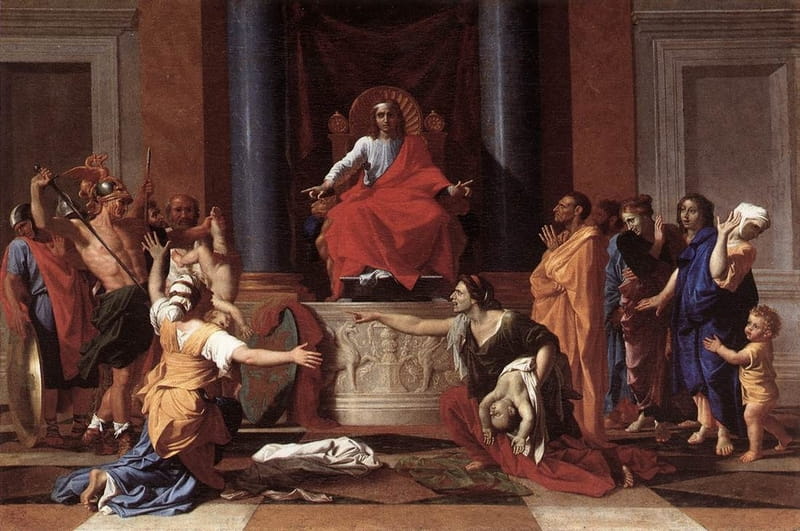XX SUNDAY IN ORDINARY TIME - Isaiah 56:1,6-7
There is always the danger of reading the present back into the past, judging the past by the present. Many issues which define our time were irrelevant or even inexistent in the past. To understand the attitudes of past generations, we must situate ourselves in their own time and judge them according to the prevalent values of that time. There is a tendency to think of ourselves as the perfect and the holy who know everything and can judge everybody accordingly. Doing that, we incur in the same mistakes that we condemn.
The people of Israel were a small nation trying to survive, squeezed between the big empires, such as Egypt, Assyria, Babylonia, Persia and then the Greeks and the Romans. They were conquered and sent into exile. They could have suffered the fate of so many others, whose names disappeared from the face of the earth, but they survived, affirming their identity, which makes them different from the others. The big contributing factor for that survival was their faith in Yahweh, the God of Abraham, Isaac and Jacob. They considered themselves as the chosen of the Lord, the object of his predilection, who set them aside to be his people. With their customs and traditions, they set boundaries to isolate and protect them. Despite this, many of the prophets were able to look beyond their boundaries and to see God’s love for all nations. Isaiah makes it clear that the “foreigners who have attached themselves to the Lord to serve him and to love his name and be his servants” will be welcomed in God’s holy mountain. And God’ “house will be called a house of prayer for all the peoples.” According to Isaiah, God’s plan of salvation is universal and it is offered to all peoples and nations on one very simple condition: to serve the Lord and to love his name.
During this liturgical year, we read the gospel of Matthew, in which we find the presence of several foreigners as a sign of the universality of Jesus’ Gospel. Jesus presented his mission as being directed, first of all, to “the lost sheep of the house of Israel.” (Mt 10:6; 15:24) and he advised his disciples to avoid going to the “Gentiles” and they should “enter no town of the Samaritans” (Mt 10:5). It took time for de disciples to preach the Gospel to the gentiles. They had to be forced into it. And even Paul would go always in first place to the synagogues and preach the gospel to the Jews. Faced with rejection, then he turned to the gentiles. We see this kind of attitude in Jesus’ encounter with the Canaanite woman. Matthew stresses the fact that she was a Canaanite, thus belonging to the first enemies of the people of Israel. After reading the passage (Mt 15:21-28), we remain with the impression that Jesus tried to ignore her and was even harsh with her. Some people try to read this passage, guided by the dominating ideology, along racist lines, accusing Jesus of being racist and misogynous. Together with the whole gospel of Matthew, this passage was used in the catechesis and it had nothing to do with race or misogyny. The woman accepted that she did not belong to the people of Israel and had no right to sit at the table. Being an outsider, she was like a little dog. Despite that, she claimed to expect a share in the food from the table. She would not go away without her share. Addressing Jesus as the son of David, she recognised him as the Messiah and, fulfilling the promise made in Isaiah, she comes to have her share in the Kingdom of God. Jesus granted what she asked for and praised her for her great faith (Mt 15:28). A few days before, Jesus reprimanded Peter for his lack of faith (Mt 14:31).
May the Lord strengthen our faith.



